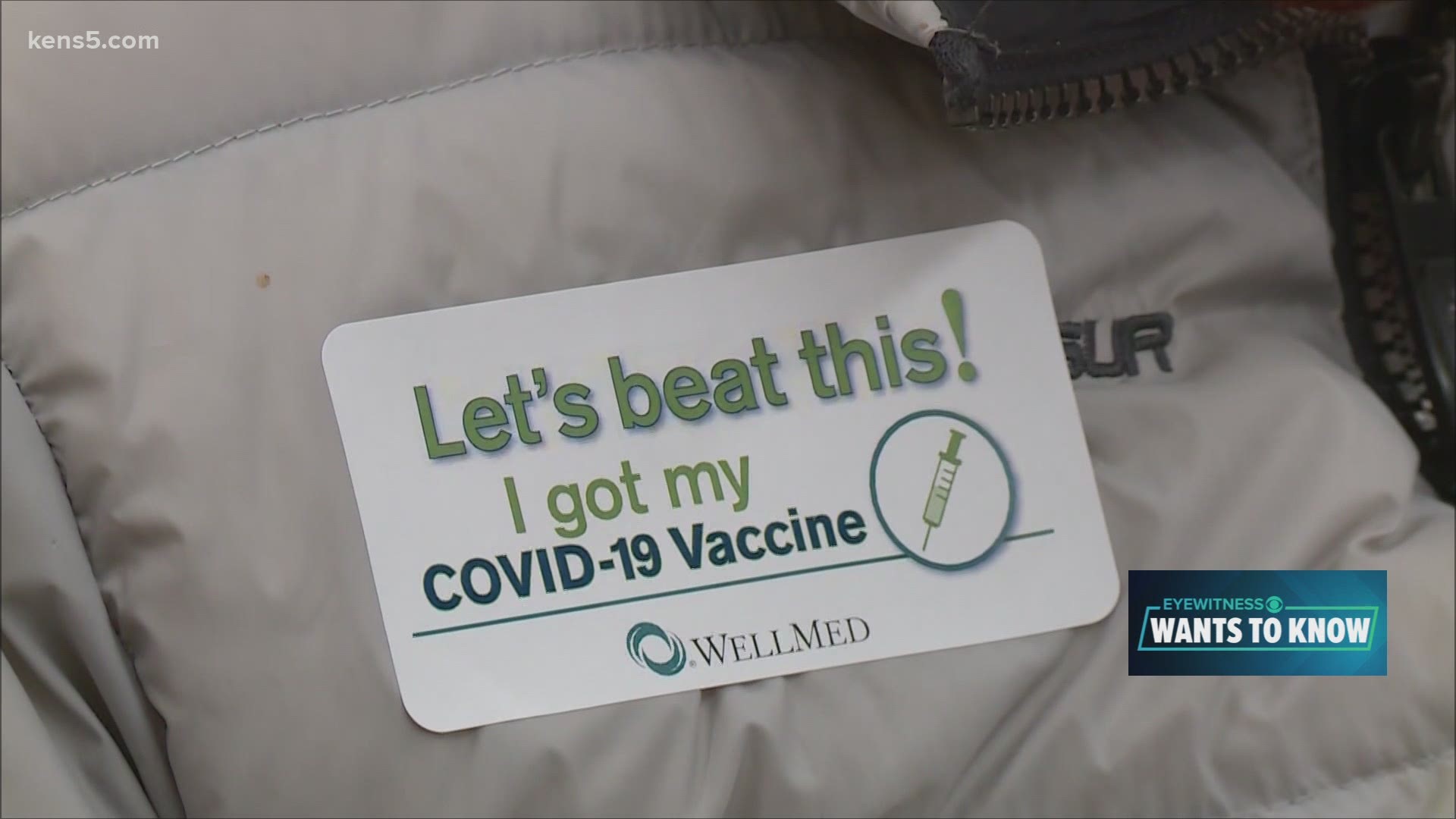The FBI warns there are several coronavirus vaccines schemes to look out for by text, phone, email and online ads. Here are a few clues it could be a scheme according to Brian Wilson of SlickText, a short message service (SMS):
“Does that text message pressure them to act in a really, really fast manner? Does it appeal to the emotion? Does it sound too good to be true? Is the text from an unusually long number specifically longer than 10 digits?” he said.
Here are some schemes to watch for:
Number 1: You cannot pay for priority access. It can be difficult to make an appointment for the vaccine, but there is no way to jump the line.
Number 2: Be careful if you set up your appointment online. Jason Meza, the regional director of the Better Business Bureau said it is easy to go to a fake site.
“A lot of con artists are buying a lot of official looking URLs, meaning they are meant to mimic health departments, are meant to look official, look like they’re coming from a metropolitan area, from a big city or from a health system,” he said. “They’re meant to trick you.”
Number 3: You should not pay for the vaccine. It is free, whether or not you have health insurance.
“These are already paid for by the government by our taxes,” said Meza. "You won't be asked for any financial information, any data. You will not be asked for a credit card."
Number 4: You do not need a coronavirus test before you get the vaccine. Some schemers are contacting people telling them to purchase a test first.
“Typically you don’t need to get tested, although they do ask you on site, there are some protocols asking have you been in the hospital the past couple of days? Have you tested positive? For the safety of their staff,” Meza said.
Number 5: You cannot pay to put your name on a waiting list. Ignore requests that say you can for a fee.
Number 6: You cannot get the vaccine shipped to you. It is only being shipped to medical providers.
"You really need it to be administered by a provider," Meza said.
Here is another tip a communication about the vaccine is a fake:
“Absolutely anything unsolicited should be suspect,” said Wilson. "Any time a consumer receives a text message that might be asking them for personal information such as their Social Security number or financial details like their bank account number or a routing number to a checking account. Those are all factors that identify this is probably a scam. Legitimate organizations will never ask for that type of information over a text message."
Instead, you should seek out the information about vaccine distribution from your health provider or your city’s health department.
Meza said responding to any unsolicited communications about the vaccine could be put your personal and financial information in jeopardy.
"That link is what's dangerous by you responding yes or no or clicking, even answering," he said. "That gives a con artist an invitation to kick the door down and say, look, they're an actual participant, they're responding. It's a real active number. We're going to keep pressing. So unfortunately, that gives them access to your usernames and passwords. It could be a malware download."
He said not to respond at all.
If you have a question for eyewitness wants to know, email us at EWTK@Kens5.com or call us as 210-377-8647.

